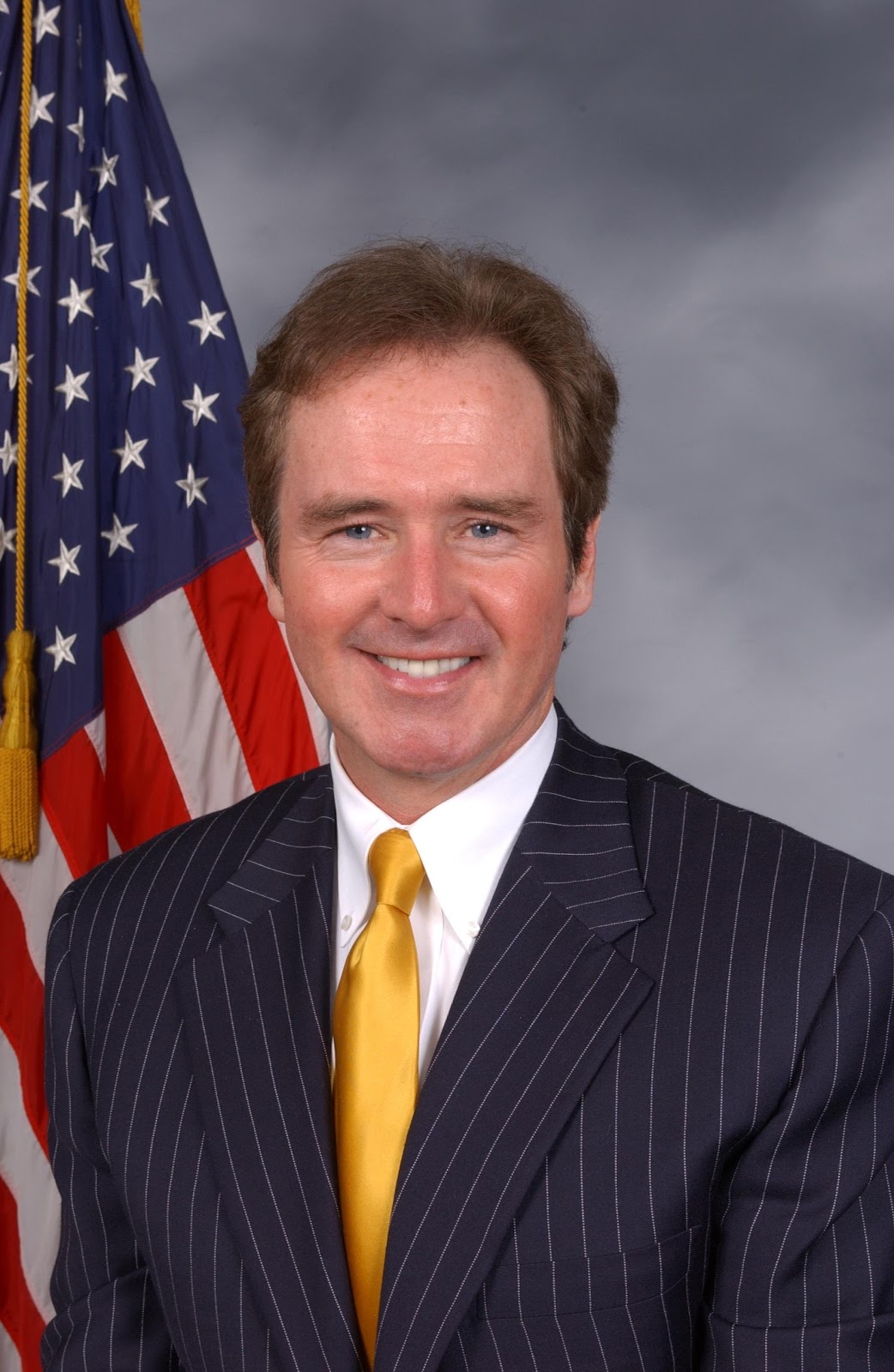PRESS RELEASE
 WASHINGTON, D.C. — Congressman Brian Higgins (NY-26) announced the House of Representatives has approved a pair of bills aimed at providing additional support to women veterans and veterans engaged in the veteran treatment court program.
WASHINGTON, D.C. — Congressman Brian Higgins (NY-26) announced the House of Representatives has approved a pair of bills aimed at providing additional support to women veterans and veterans engaged in the veteran treatment court program.
“Both of these bills provide additional people to serve the needs of our veterans,” said Congressman Higgins. “Through this human interaction, with outreach specialists and peer counselors, veterans are better supported and positioned to overcome challenges.”
In 2008 Buffalo City Court Judge Robert Russell established the very first veterans treatment court in the country. Since then the number of veteran treatment courts has exponentially increased. According a 2017 VA review, 461 veteran-focused court programs are in place nationwide, with over 100 new court programs opening up between 2015-2016. The goal of veteran treatment courts are to address the underlying issues some veterans face which may contribute to legal infractions, such as post-traumatic stress disorder or substance abuse.
In 2009 the U.S. Department of Veterans Affairs (VA) created the Veterans Justice Outreach Program to serve as a liaison with local justice system partners and provide specialists in case management for justice-involved veterans.
The Veterans Treatment Court Improvement Act (H.R. 2147), cosponsored by Congressman Higgins, authorizes the VA to hire an additional 50 Veterans Justice Outreach specialists to work with veterans and local courts. There are currently 260 outreach specialists in VA Medical Centers nationwide. The additional staff will allow for expedited support to veterans in need of assistance. A similar bill is awaiting Senate approval.
This week the House of Representatives also passed the Peer-to-Peer Counseling Act (H.R. 4635) which calls for an increase in the number of peer support counselors for women veterans. In addition, the bill emphasizes facilitating peer counseling and community outreach to veterans who have suffered sexual trauma, are at risk of being homeless or have post-traumatic stress disorder or other mental health conditions. The bill must now be considered by the Senate.
According to a recent VA report, the “risk for suicide was 2.4 times higher among female veterans when compared with civilian females.” Currently women represent 10% of our nation’s veteran population with that number expected to grow by 5% over the next 12 years.
All WNY is made possible thanks to coffee and sleep deprivation.
We appreciate your readership. We like money, too.

